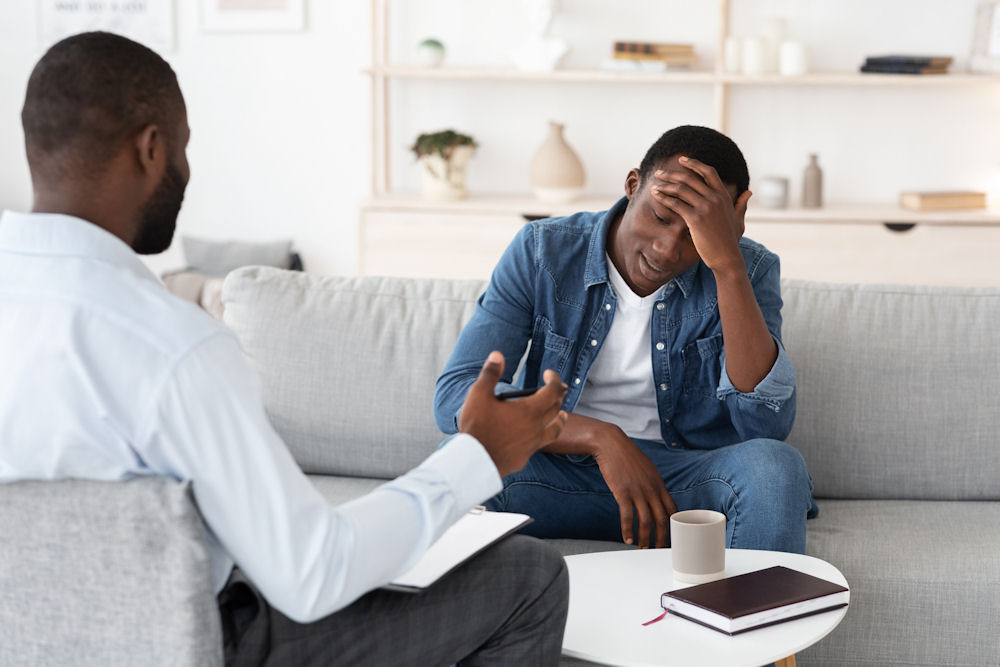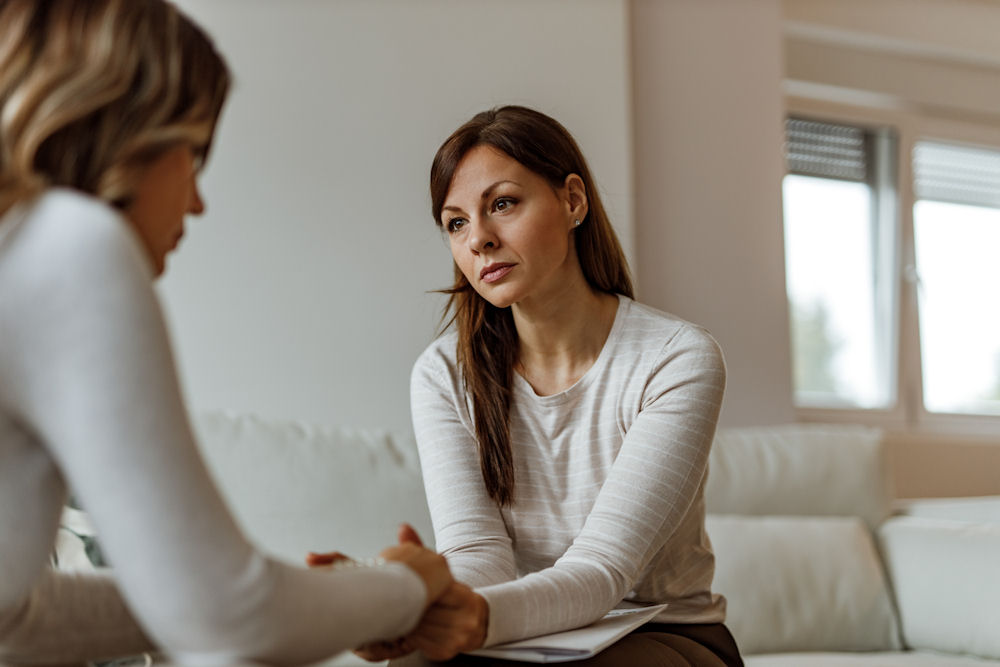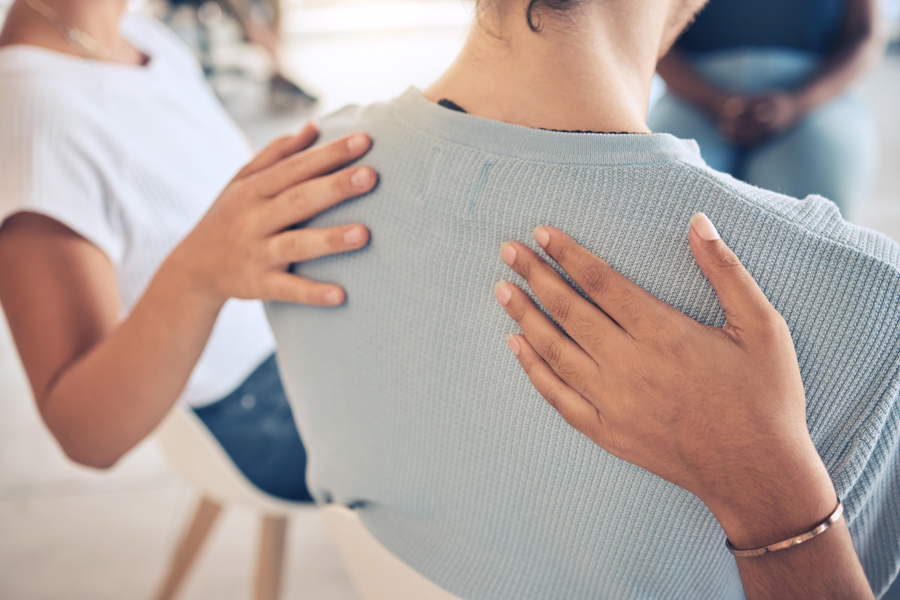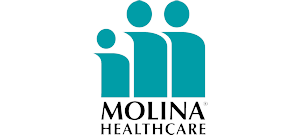
Understanding Opioid Addiction
Signs, Symptoms, and Withdrawal Symptoms of Opioid Abuse
Behavioral changes, such as neglecting responsibilities, social withdrawal, and mood swings, can also signal a problem. Recognizing these signs early can lead to timely intervention and detoxification, which is the first step in the recovery process.
Physical symptoms may include drowsiness, constricted pupils, and changes in appetite or sleep patterns. If you or someone you know exhibits these signs, seek help from a medical professional or drug rehab center to head off the worst of addiction symptoms.

Recovery Begins Here
Causes and Risk Factors of Opioid Addiction
- Family history of addiction: Genetics can play a significant role in the likelihood of developing an addiction.
- Mental health issues: Conditions like clinical depression or anxiety disorders can increase the risk of opioid addiction.
- Trauma or stress: Experiencing trauma or high levels of stress can lead individuals to use opioids as a coping mechanism.
- Prescription opioid use: Using prescription opioids (even as directed) can sometimes lead to physical dependency.
- Social and environmental factors: Peer pressure, lack of support, and other environmental factors can contribute to the development of addiction.
Supreme Recovery’s addiction treatment centers provide a safe and supportive environment for individuals to address these underlying issues and develop coping strategies to manage their addiction.

Treating Opioid Addiction in Virginia
Behavioral therapies play a crucial role in opioid addiction treatment as well. These therapies help individuals understand the root causes of their addiction, develop coping strategies, and build a support network. Supreme Recovery emphasizes a holistic approach, ensuring that each patient receives personalized care tailored to their unique circumstances.
In addition to traditional counseling, innovative therapies such as cognitive-behavioral therapy (CBT) and contingency management have shown promising results. CBT helps patients identify and change negative thought patterns related to drug use, while contingency management provides tangible rewards for maintaining sobriety, thus reinforcing positive behavior.
The importance of family involvement in the recovery process cannot be overstated either. Family therapy can help mend relationships strained by addiction and educate loved ones on how to support the individual in their journey toward sobriety. By integrating these various elements, every treatment plan can address the complexities of opioid addiction.

Opioid Rehab Options in Virginia
IOP for Opioid Addiction
Intensive Outpatient Programs (IOPs) are a popular choice for individuals seeking flexibility in their treatment while still receiving comprehensive support.
IOPs typically involve attending therapy sessions several times a week, allowing individuals to maintain their daily responsibilities, such as work or family commitments. This format is particularly beneficial for those who may not require round-the-clock supervision but still need structured support.
At Supreme Recovery, IOPs are designed to provide a balance of therapy and life skills training. Participants engage in group and individual therapy sessions, which foster a sense of community and shared experience among peers facing similar challenges.
What to Expect in Opioid Rehab
The first step typically involves an assessment by a healthcare professional, who will evaluate the individual’s specific needs and create a personalized treatment plan. This plan can include a combination of medical detoxification, therapy, and support services. But treatment plans are always customized to suit the needs of the person undergoing treatment.
During the rehabilitation process, individuals will participate in various therapeutic activities aimed at fostering recovery. These may include individual and group therapy sessions, educational workshops, or recreational activities that promote physical and emotional well-being.


How Long is IOP?
Who is a Good Candidate for Outpatient Treatment?

Opioid Addiction Treatment and Therapy

Individual Therapy
Individual therapy is a cornerstone of addiction treatment, providing a safe space for clients to explore their thoughts and feelings during therapy sessions. This one-on-one approach allows therapists to tailor interventions to the specific needs of the individual, addressing underlying issues that may contribute to addiction.

Group Therapy
Group therapy fosters a sense of community and peer support among participants. It allows individuals to connect with others facing similar struggles, providing support and encouragement throughout the recovery journey. Group sessions at Supreme Recovery are facilitated by trained professionals who guide discussions and promote healing.
Insurance and Payment Options
Call Supreme Recovery For Help with Opioid Addiction
Don’t wait to take the first step toward a healthier, drug-free life. Supreme Recovery is here to help you or your loved one navigate the recovery journey. With a dedicated team of professionals and a commitment to personalized care, Supreme Recovery provides the support needed to overcome opioid addiction. Reach out today to learn more about available programs and how to begin the journey to recovery.











